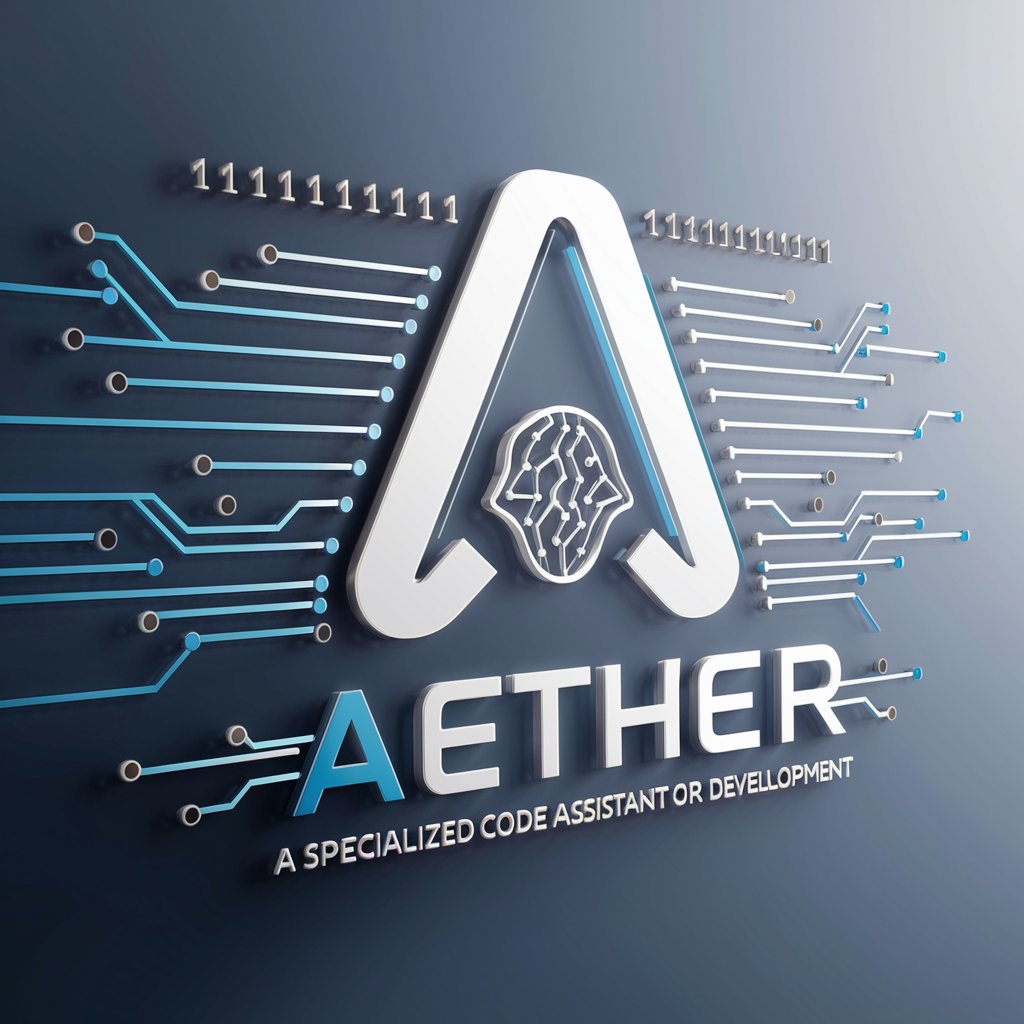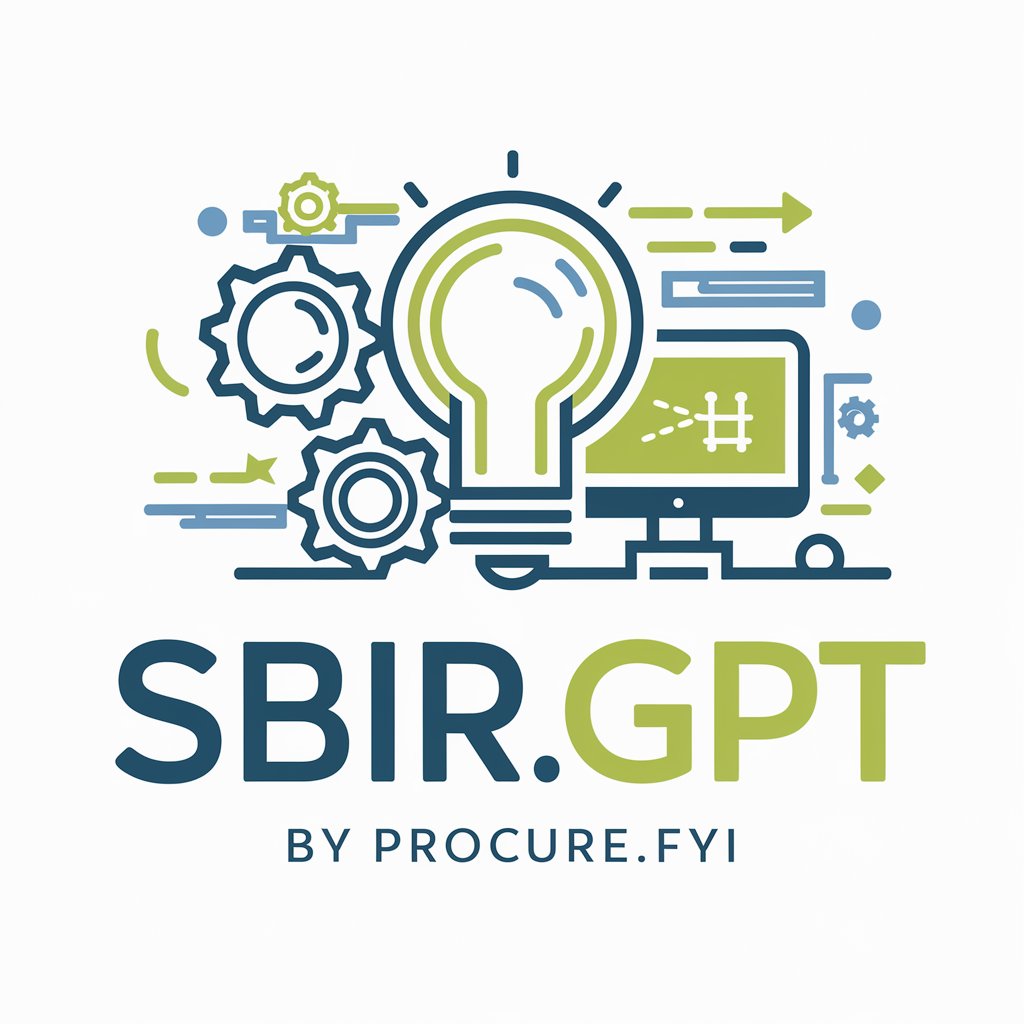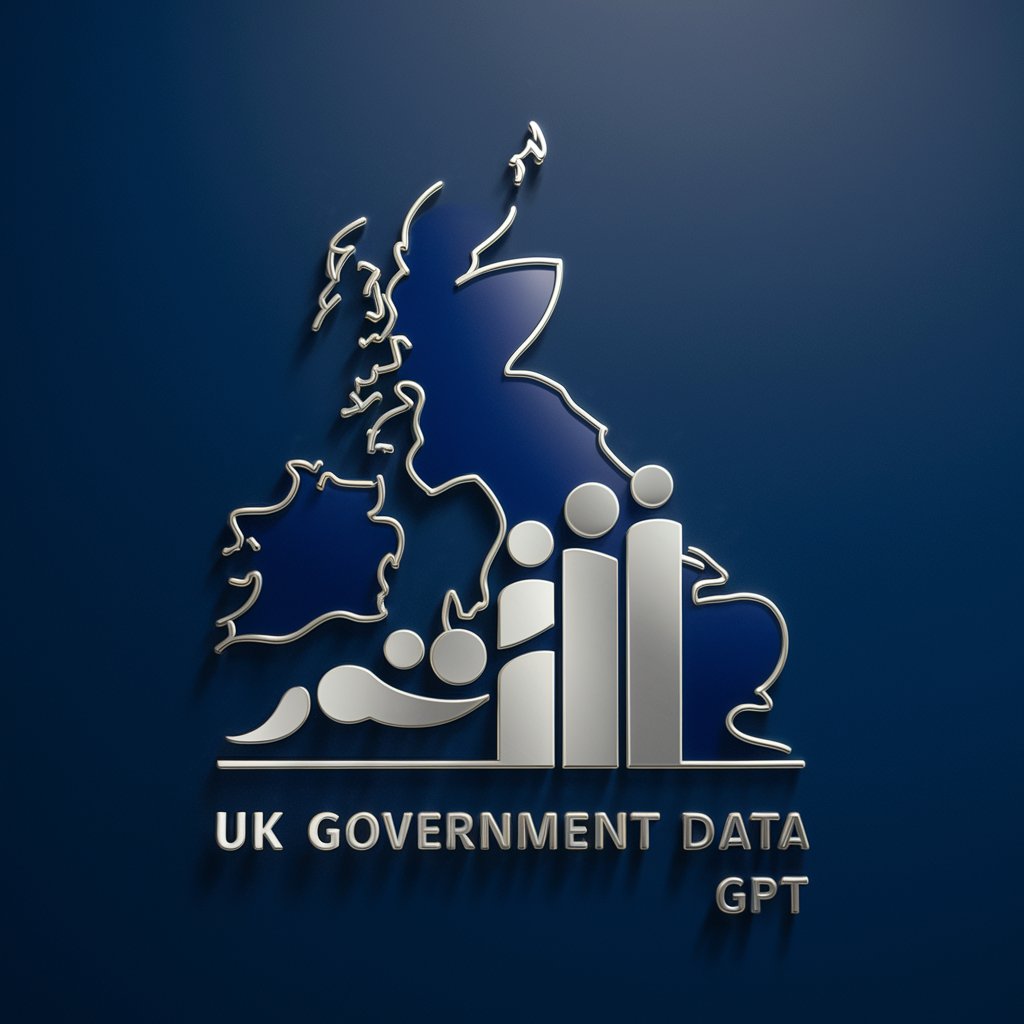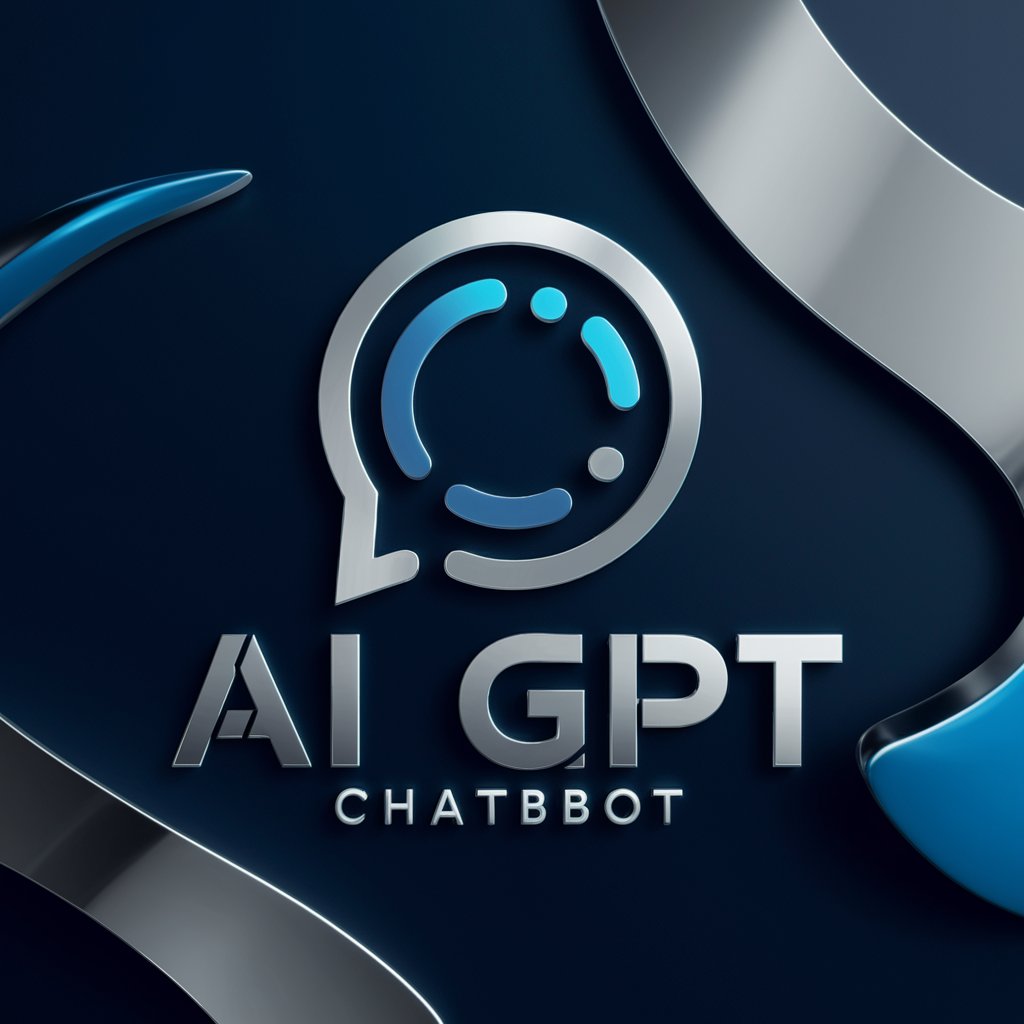21 GPTs for Data Research Powered by AI for Free of 2026
AI GPTs for Data Research are advanced artificial intelligence tools based on Generative Pre-trained Transformers, designed to assist in data-related tasks. These tools are capable of understanding and generating human-like text, making them highly effective for analyzing, interpreting, and presenting data. They are particularly useful in extracting insights from complex datasets and automating data analysis tasks, thereby enhancing productivity and decision-making in various research fields.
Top 10 GPTs for Data Research are: Therocial Scientist,Aether,VectorDB Guide,SBIR.GPT by Procure.FYI,XAUUSD-GPT,Copilot Financial News GPT,ETHGlobal Mastermind,Web Anything,全能秘书,Trend Analyst
Therocial Scientist
Powering Scientific Discovery with AI

Aether
Elevate Coding with AI-Powered Insights

VectorDB Guide
Navigate Vector Databases with AI Expertise

SBIR.GPT by Procure.FYI
Navigating SBIR with AI-Powered Precision

XAUUSD-GPT
Empowering Gold Market Decisions

Copilot Financial News GPT
AI-powered Financial Insights Tool

ETHGlobal Mastermind
Unravel hackathon secrets with AI precision

Web Anything
Empowering Insight with AI
全能秘书
Empowering Creativity with AI

Trend Analyst
Navigating investment trends with AI precision
UK Government Data GPT
Empowering Insights with AI-Powered Government Data

インボイス探偵
Uncover Business Compliance with AI

AI Gpt Chatbot
Enhancing Interactions with AI-powered Intelligence

Card Scout
Your AI-Powered Card Market Assistant

GoalEcho LaLiga
Empowering La Liga Intelligence

Timber Finder
Empower Your Timber Decisions with AI

Sean’s Cultural Moment Encyclopedia
Discover, Learn, and Engage with Culture

Bender
Energize Your Chats with AI Personality

Prompter
Empowering creativity with AI

Essential Qualities and Functions
AI GPTs tools for Data Research are distinguished by their adaptability, allowing users to tailor them for a wide range of data research tasks from simple data interpretation to complex predictive analytics. Key features include natural language processing for data querying, advanced analytics capabilities, the ability to generate insightful reports, and support for image creation and web searching. These tools are equipped with deep learning models, enabling them to learn from data patterns and improve over time.
Who Benefits from AI GPTs in Data Research?
The primary users of AI GPTs tools for Data Research include data scientists, researchers, and analysts across various sectors, as well as novices interested in data analysis. They are particularly beneficial for individuals without extensive coding knowledge due to their intuitive interfaces, while offering advanced customization options for experienced developers looking to integrate AI capabilities into complex data research projects.
Try Our other AI GPTs tools for Free
Content Sensitivity
Discover how AI GPTs for Content Sensitivity revolutionize content creation, moderation, and analysis with advanced AI, ensuring appropriateness and inclusivity across digital spaces.
Brand Safety
Discover how AI GPTs for Brand Safety can protect your brand's reputation with advanced monitoring, real-time insights, and customizable features designed for digital landscapes.
Inclusive Messaging
Explore how AI GPTs for Inclusive Messaging can transform your communication, ensuring it's respectful, bias-free, and embraces diversity. Perfect for creators and professionals alike.
Outfit Visualization
Discover how AI GPTs for Outfit Visualization can transform your style with personalized outfit suggestions and visualizations, making fashion design and choice easier.
Climate Awareness
Explore how AI GPTs for Climate Awareness are transforming our approach to environmental sustainability with adaptable, user-friendly tools designed for everyone.
Concert Updates
Discover AI GPTs for Concert Updates, your ultimate solution for real-time concert information, personalized engagement, and seamless event management. Transform your concert experience with AI.
Further Reflections on AI GPTs for Data Research
AI GPTs stand out as customized solutions across various sectors, offering user-friendly interfaces that simplify complex data tasks. Their versatility allows for seamless integration with existing systems, opening up new possibilities for enhancing research methodologies and data analysis processes.
Frequently Asked Questions
What is AI GPT for Data Research?
AI GPT for Data Research refers to the use of Generative Pre-trained Transformers in data analysis and research tasks. These tools leverage AI to understand, interpret, and generate text-based insights from data.
Who can use AI GPTs for Data Research?
They are suitable for a wide audience, including data scientists, researchers, analysts, and even novices interested in data analysis.
Do I need coding skills to use these tools?
No, many AI GPTs tools are designed with user-friendly interfaces that do not require extensive coding skills, making them accessible to a broader audience.
Can AI GPTs tools integrate with existing data analysis workflows?
Yes, these tools offer customization options that allow them to be integrated with existing data analysis workflows and systems.
What makes AI GPTs unique in Data Research?
Their ability to process and generate natural language insights from data, adaptability to various research tasks, and learning capabilities distinguish them in the field of data research.
How can AI GPTs improve data analysis?
AI GPTs can automate the process of data interpretation, generate predictive analytics, and provide insights in natural language, significantly improving efficiency and accuracy in data analysis.
Are there customization options for developers?
Yes, developers can access advanced customization options to tailor the tools' capabilities to specific data research projects and integrate AI functionalities into complex systems.
What kind of data tasks can AI GPTs perform?
From simple data queries and report generation to complex predictive analytics and machine learning model development, AI GPTs can handle a wide range of data tasks.